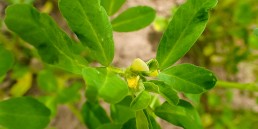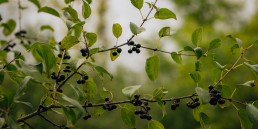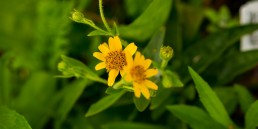Chickweed
Botanical name: Stellaria media
Pertinent Information on the Plant
- Skin irritations
- Eye inflammation (poultice for Glaucoma inflammation)
- Mild diuretic (increases urine flow)
- Kidney disorders
- Vulneraries
- Anti-microbials (destructive to microbes)
- Anti inflammatory
- Demulcent (soothing action on inflammation, especially of mucous membranes)
- Emollient (softens and soothes the skin)
- Anti rheumatic
- Alterative (blood purifier)
- Antipyretics (reduce or prevent fevers)
- Expectorant (facilitates removal of secretions)
- Antitussive (controlling or preventing cough)
- Psoriasis
- Eczema
- Acne
- Can be used as an ointment (combines especially well with marshmallow)
- Cuts and wounds
- Lungs
- Stomach
- Nutritive (rich in vitamins and minerals; a source of easily assimilated nutrients)
- High in calcium, potassium and iron
- Urinary tract infections
- Curbs obesity
Habitat and Growing area
- Native to Eurasia, especially anywhere moist cultivate soil
- Naturalized in North America
Extra Notes
- Chickweed is a remedy to use in times of transition. It supports a person in the first stages of grief, helping to assimilate a situation that is unexpected or where the circumstances are unforeseen. It is gentle and unassuming, yet surprisingly strong and insistent.
(Photos of Giant Chickweed)
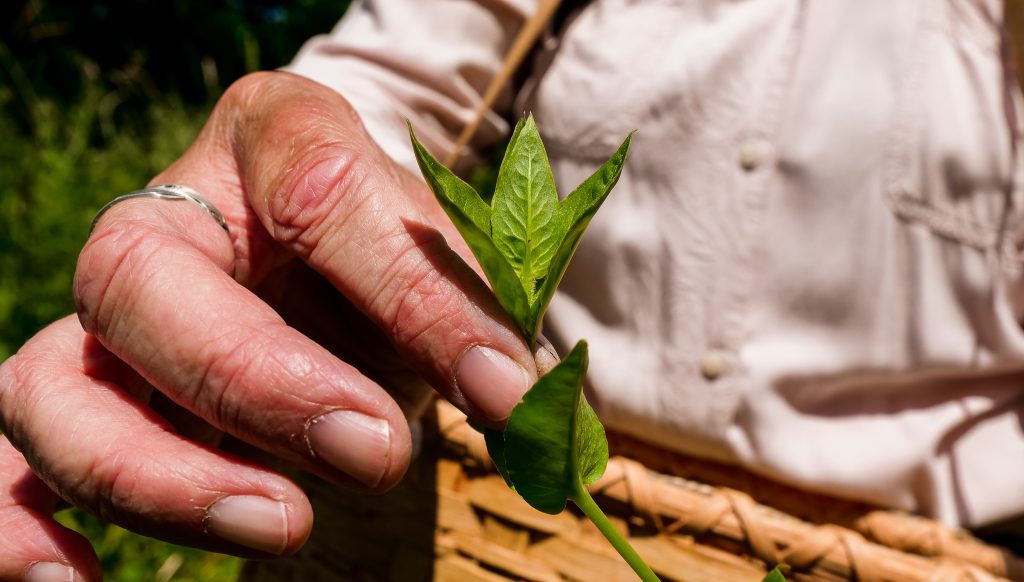
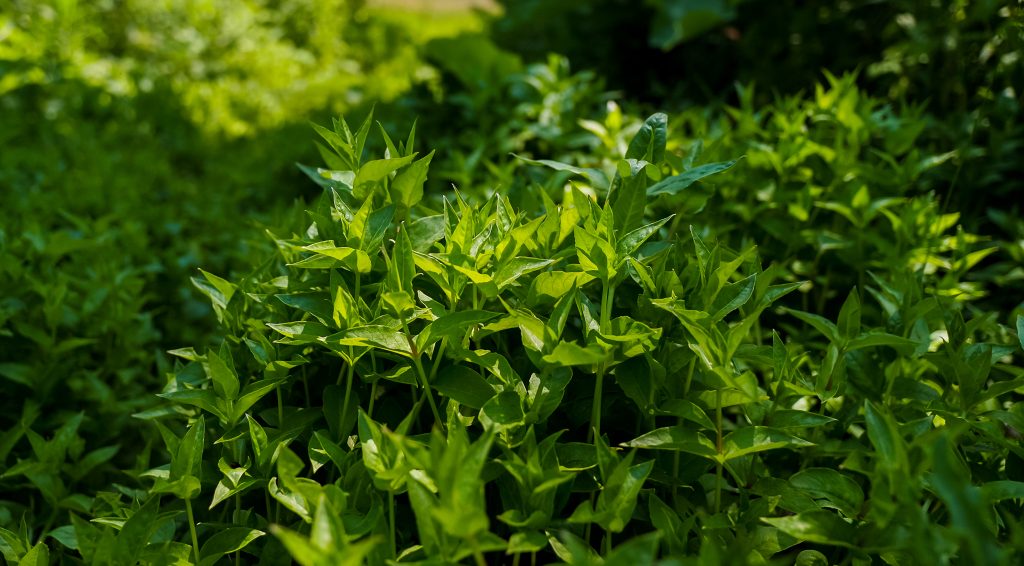
Reference Books:
Holistic Herbal, by David Hoffmann
Pages: 77-79, 138, 145, 160, 177, 191, 242
The Way of Herbs, by Michael Tierra
Pages: 13, 33, 34, 35, 118, 119
The Complete Encyclopedia of Herbs, by Nico Vermeulen
Page: 299
Family Herbal, by Rosemary Gladstar
Pages: 19, 55, 100, 102, 103, 105, 227, 284, 303, 323
Peterson Field Guide: Easter/Central Medicinal Plants and Herbs, by Steven Foster and James A. Duke
Pages: 48, 49
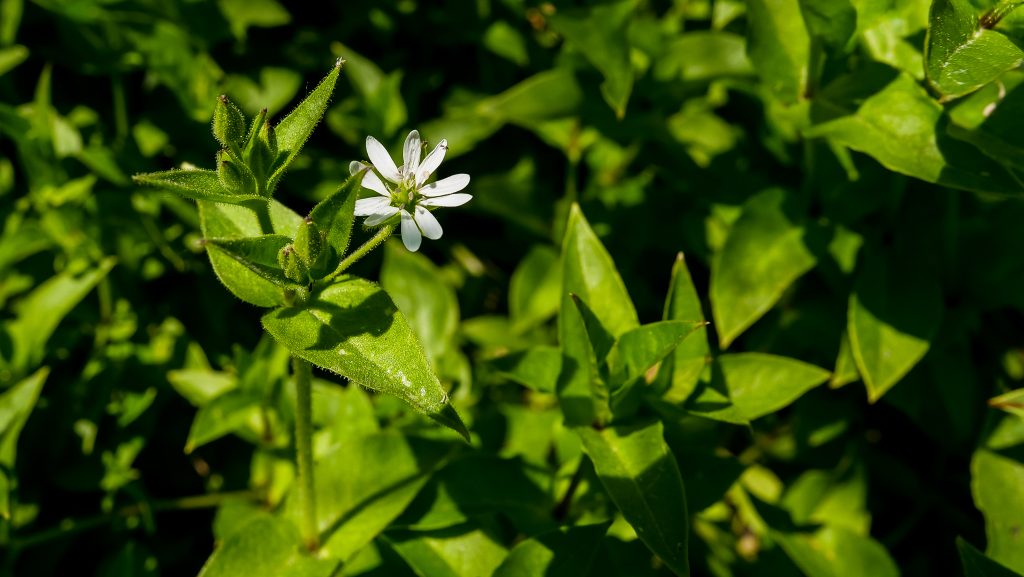
Penelope Beaudrow
I am a Registered Herbalist and educator who has devoted the past 25 years to helping others foster deep and resilient connections with the living intelligence of the natural world and the regenerative, healing forces of plants and the medicine they carry.
Subscribe to Blog via Email

